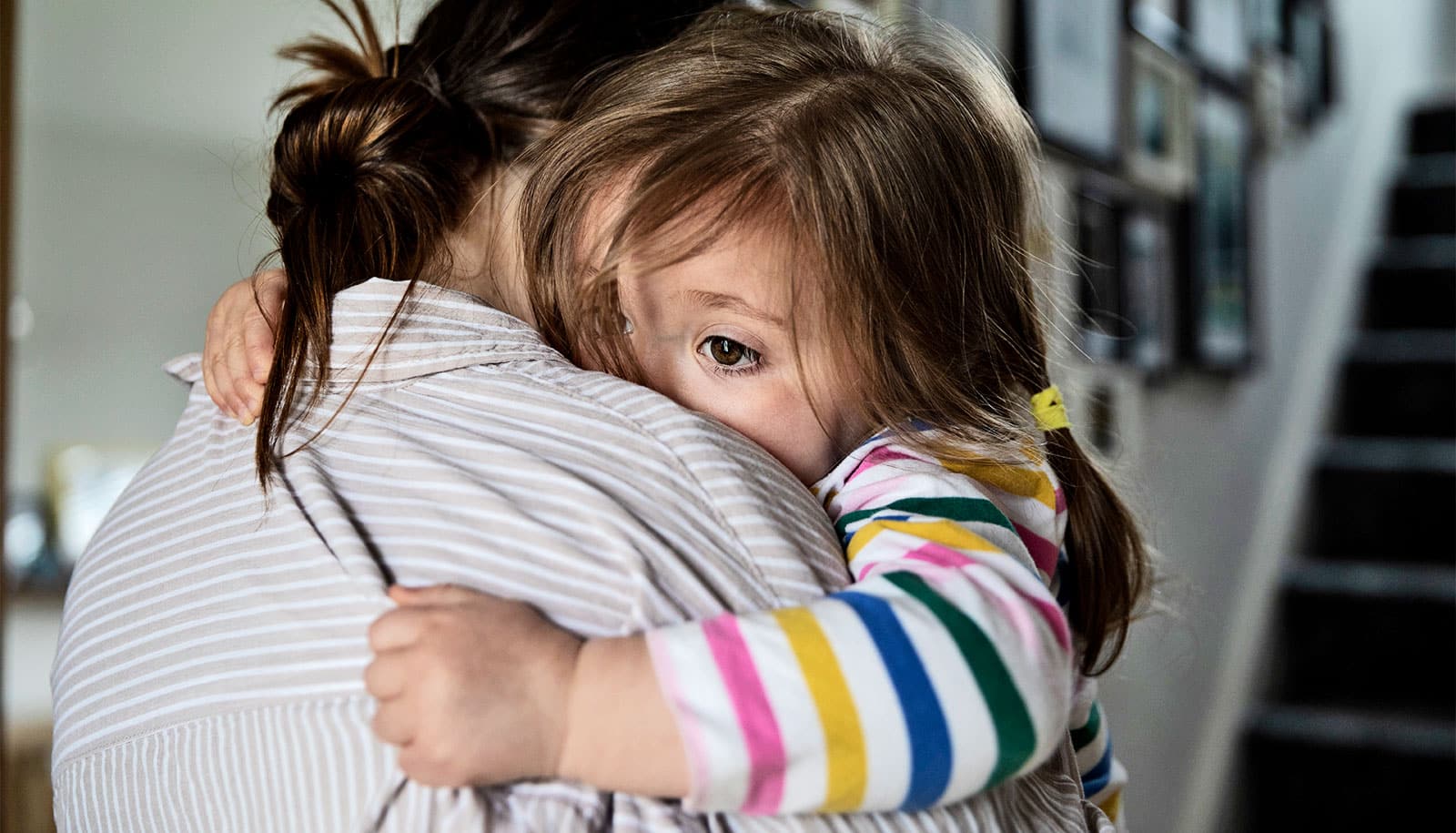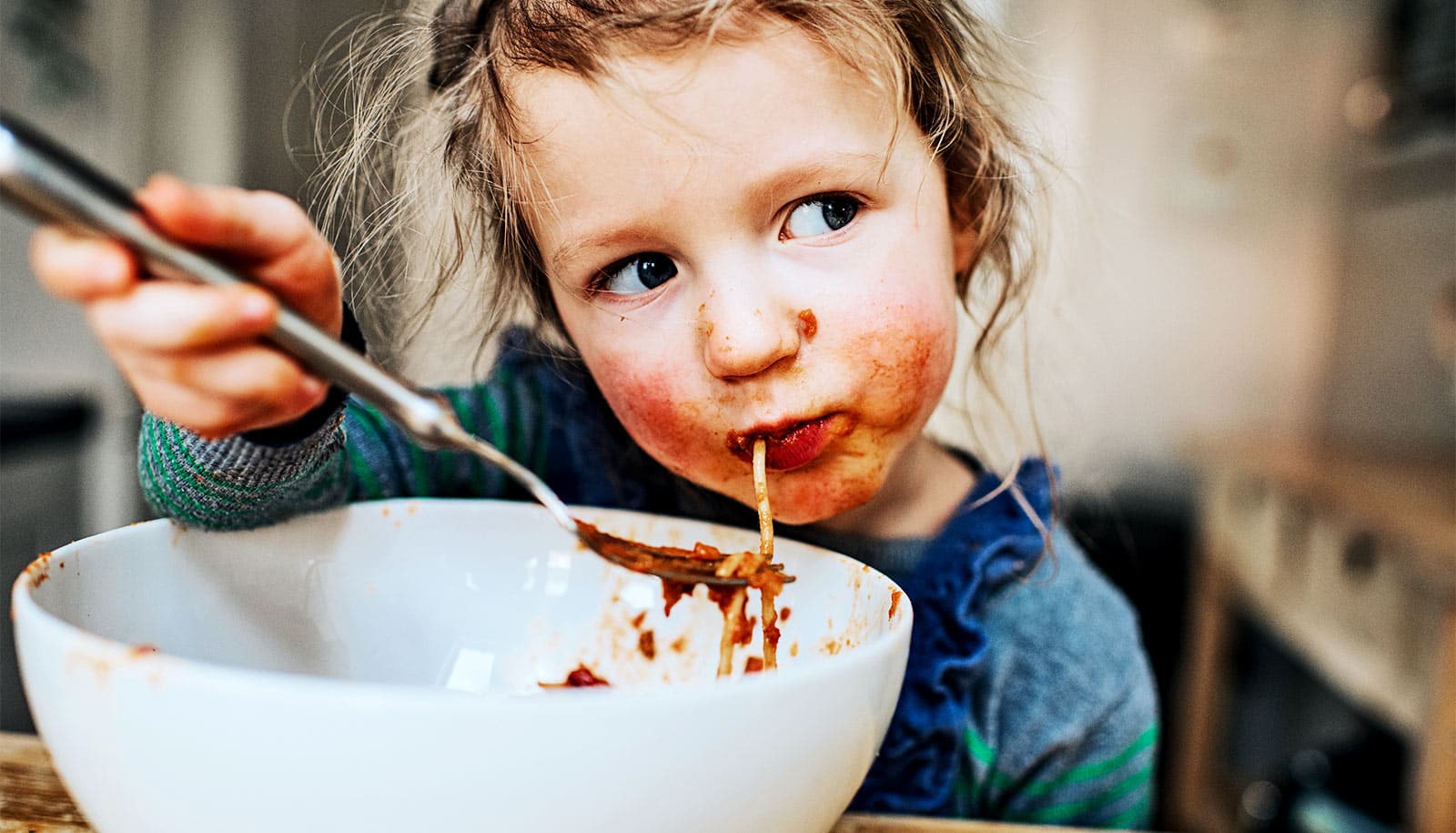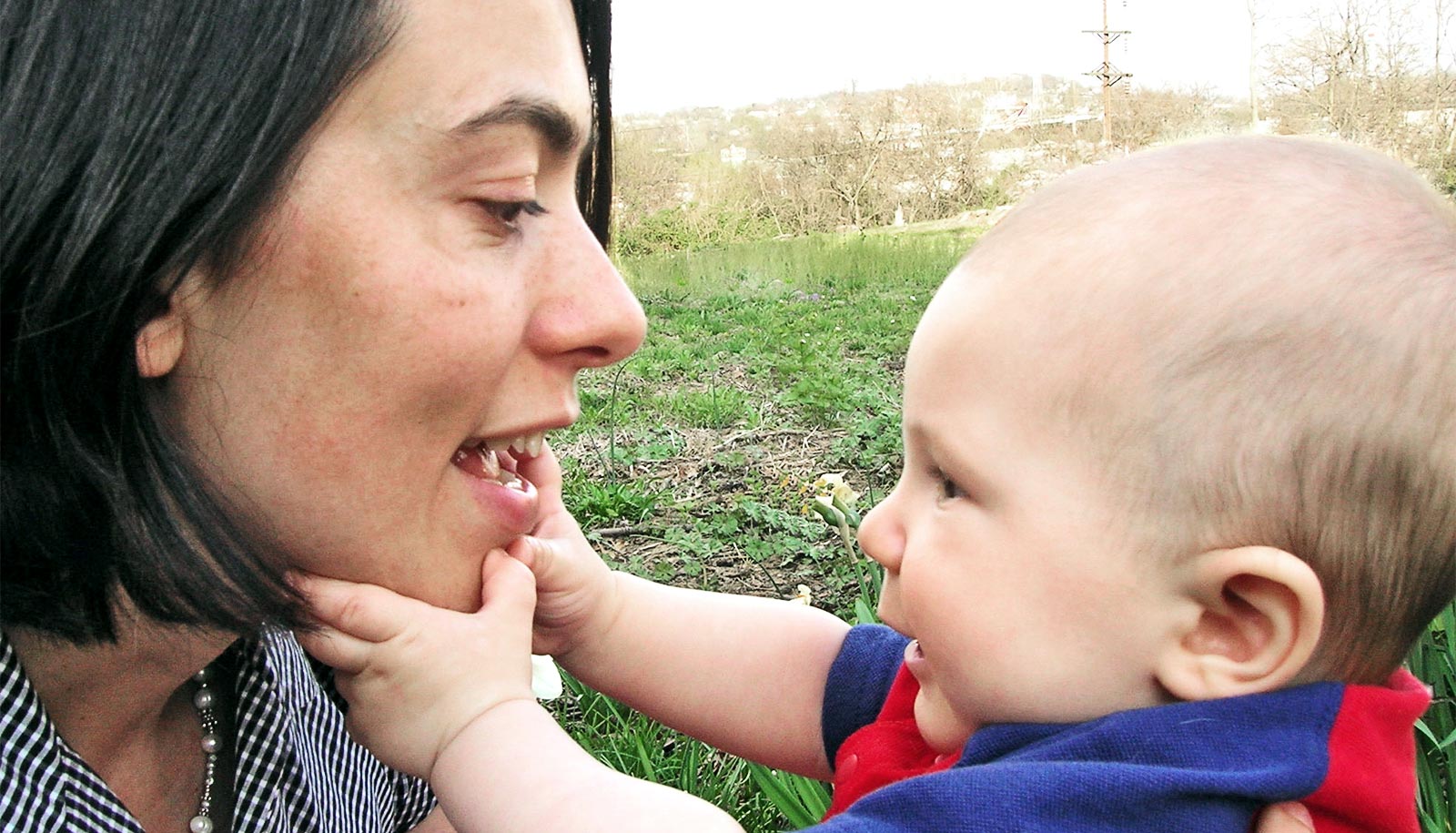Researchers have discovered a link between birth mothers who experienced stressful childhood events and their own children’s behavior problems.
The finding held true even though the children were adopted as newborns, raised by their adoptive parents, and were never directly exposed to the stresses their birth mothers had experienced.
If a child’s adoptive mother also experienced stressful events as a youth, such as abuse, neglect, violence, or poverty, then the child’s behavior issues were even more pronounced, the researchers found.
This study underscores the importance of efforts to prevent child neglect, poverty, and sexual and physical abuse, and to intervene with help and support when children experience them.
“We can’t always prevent bad things from happening to young children,” says Leslie Leve, a professor in the University of Oregon College of Education, a scientist with the Prevention Science Institute, and lead author of the study in the journal Development and Psychopathology.
“But we can provide behavioral health supports to individuals who have been exposed to childhood trauma or neglect to help them develop coping skills and support networks, so that difficult childhood experiences are less likely to negatively impact them—or the next generation.”
In the only study of its kind, Leve and other researchers followed 561 adopted children, their birth parents, and adoptive parents for more than a decade. They recruited participants through 45 adoption agencies in 15 states nationwide. The researchers collected data from the birth parents when children in the study were infants and from the adoptive parents when the children were age 6-7 and again at age 11.
The researchers found when birth mothers reported more adverse childhood experiences and other life stress when they were young, their children showed less “effortful control” at age 7. Examples of “effortful control” include the child being able to wait before initiating new activities when asked and being able to easily stop an activity when told “No.”
At age 11, the children of these same mothers showed more “externalizing behavior,” such as rule-breaking and aggressive behavior.
The study also points the way for additional inquiry. For example, exactly how does stress in one generation become associated with behavior in the next generation?
“We know from nonhuman animal studies that stress can change the expression of genes by essentially changing which genes are turned ‘on’ or ‘off’ when passed on to the next generation,” Leve says. “That could be a plausible pathway.”
Further, what is the effect of the environment in which the child was raised?
“Can we find something positive in the rearing environment, perhaps parents’ warmth or sensitivity, that can help offset the child’s genetic or biologic risk for impulsive or externalizing behavior?” Leve asks. That is the next question the research team is exploring.
Additional coauthors are from the University of Oregon; the University of California, Riverside; the University of Cambridge; Penn State; George Washington University; and the University of Pittsburgh.
The research was supported by grants from the Eunice Kennedy Shriver National Institute of Child Health & Human Development; the National Institute on Drug Abuse; National Institutes of Health Office of Behavioral and Social Sciences Research; National Institute of Mental Health; National Institute of Diabetes and Digestive and Kidney Disease; National Institute of Health’s Office of the Director; and the Andrew and Virginia Rudd Family Foundation.
Source: University of Oregon



